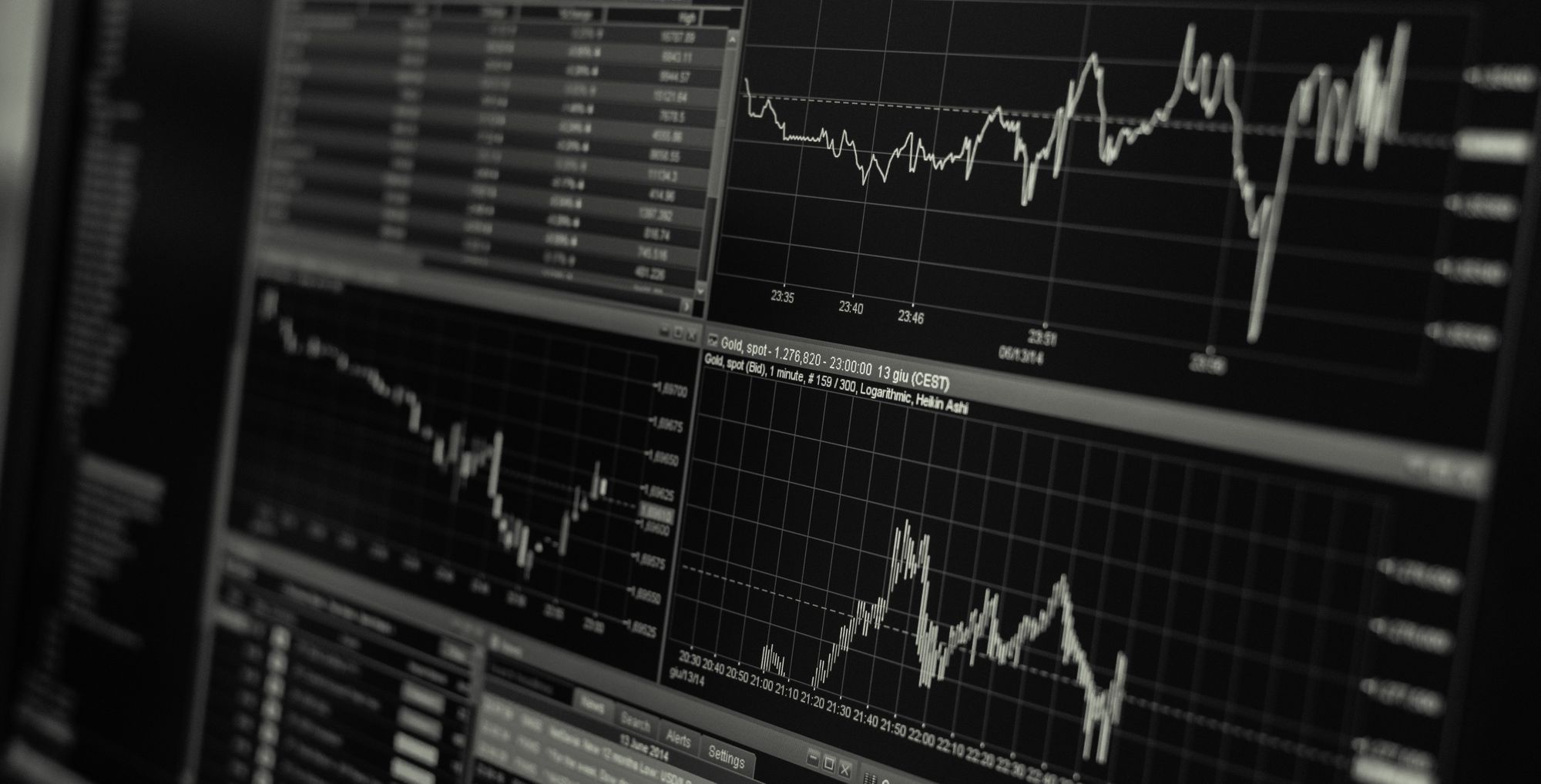Chemical companies are suffering.
Demand for plastics has plummeted as lockdowns and economic uncertainty prevents people buying durable goods. Chemical companies servicing the automobile and aviation industries have been devastated, the petrochemicals industry has been hit by the extreme instability of oil prices, while supply chains everywhere have been rocked to their core.
Global business forecasts make for grim reading, with Brian Coulton, the Chief Economist at Fitch Ratings, stating that, “World GDP is now forecast to fall by 4.6% in 2020 compared to a decline of 3.9% predicted in our late-April GEO. This reflects downward revisions to the eurozone and the UK and, most significantly, to emerging markets (EM) excluding China.”

But some economists are even more wary of the ongoing effect of COVID-19, and how an expected second and third waves of infection will impact economic activity and production.
“[We’re] … looking at more dire scenarios where the spread of the virus continues for longer and more globally, and the growth consequences are more protracted,” said Kristalina Georgieva, managing director of the International Monetary Fund (IMF).
Such is the unpredictable nature of these unprecedented circumstances that some companies are refusing to make committed statements about future financial results.
Patrick Jany, the chief financial officer of the Swiss specialty chemical maker Clariant, described the business outlook for the chemical industry, and perhaps the mood in general, when he said, “Obviously, it is unknown to us and, I guess to everybody …”

But perhaps the largest part of the challenge for industry is not in forecasting, but in how the virus has dramatically hit both supply and demand; overnight.
On the supply side, Lonza, a large Swiss-based producer of active pharmaceutical ingredients, has complained of “intermittent delays in receiving shipments of raw materials”, mostly impacting production capacity at its facilities in Guangzhou and Suzhou.
The company reporting that, “In some cases, we are looking for alternative sources of logistics routes to ensure supplies get through.”
Meanwhile, in Italy, the pharmaceuticals producer FIS, has also noted raw material supply chain concerns. Giuliano Perfetti, the company’s Chief Commercial Officer (who also heads a committee at the industry body the European Fine Chemicals Group), believes that, “COVID-19 is bringing to light the huge supply-chain vulnerability that results from Western firms’ reliance on raw materials from Asia, particularly China.”
Meanwhile, beyond concerns for supply, markets for chemical products remain depressed.
As the industry journal ICIS reports, “Consumption of many plastics in the [Asia] region is expected to stay limited, with supply outstripping demand, as uncertainties cloud global economic prospects even as more countries are emerging from pandemic-induced lockdowns.”
Adding that, “In the petrochemical chain, a common trend emerges, that is, supply is outstripping demand in general.”

Unfortunately, supply and demand are not the only issues that chemical companies are facing.
“The logistics situation remains a true challenge,” notes Markus Steilemann, CEO at Covestro. “Finding enough truck drivers to haul material has been difficult. So even if you’re able to produce, even if you’re able to package, then you need to have truck drivers, which are shipping the stuff to the customer.”
Size also seems to be a factor in how well chemical companies are managing the crisis, at least in China. As the chemical industry journal CE&N, reports, “In general, observers say, bigger refineries and basic chemical producers, mostly affiliated with state-owned conglomerates like Sinopec or PetroChina, are getting back to work more easily, in part because many of their workers live nearby. In contrast, manufacturers of fine and specialty chemicals, which are mostly privately-owned, have much lower work resumption rates because they rely on migrant workers …”
At the moment, it seems that chemical companies are facing problems on many, many fronts.
However, the chemical industry will recover, it always has.
The gain from it all is improved self-perception.
Throughout the pandemic, chemical companies have proved themselves to be a vital part of society. Employers of ‘essential workers’ providing important, often life-saving, products. Meanwhile, its key innovative spirit will ensure that in the future the industry has increased flexibility of production and more stable supply chains. In this way, it will be better prepared for the next unexpected event.
Recessions have happened before, and the chemical industry has always comeback stronger than before. It will happen again this time, but it will be an uphill road.
Photo credit: Pexels, Pexels, Digital Cinematic from Pexels, & Lorenzo from Pexels